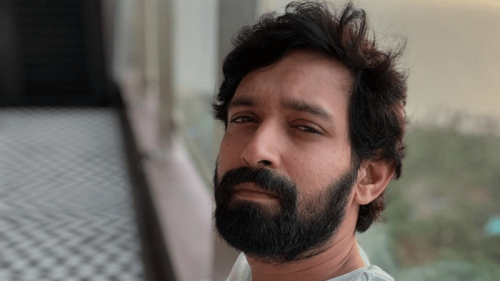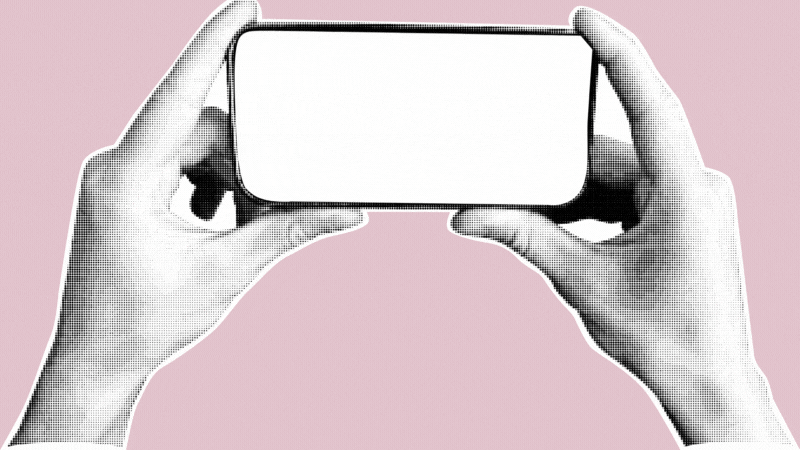MANY readers are likely to be surprised by the very suggestion of someone taking over as the next monarch of France. Following the revolution of 1789 and the beheading of the entire royal family under the guillotine, it is unquestioningly taken for granted that as far as the French are concerned thrones and crowns are things of the past.
There nevertheless exists here a family called Les Orléans that has a claim to the royal dynasty and whose aging members regularly transfer in turns their heritage to the following generations.
The French public usually prefers to ignore these so-called royal successions, but this time the decision by the current theoretical monarch Henri d’Orléans to name his eldest son Prince François as his heir has turned into a dynastic quarrel as well as into an enthusiastically reported national event by a number of local newspapers.
D’Orléans, who is in his mid-80s, believes there is nothing unusual in his choice but the media have brought to spotlight an important but largely ignored fact: the appointed scion and future monarch who turned 55 recently, was born mentally handicapped. The bitterest critic of the adjudication by the ‘king’ is none other than Prince François’ own brother, Jean the duke of Vendome.
But D’Orléans rejects his younger son’s objection. He declared in an interview published a few days ago by Point de Vue, a weekly exclusively devoted to the news of the royal families: “French traditions very clearly point out that in cases of the inability of a monarch to resume royal duties either because of a physical handicap or owing to very young age, a regent is appointed to take care of the affairs of the state. One such historical example is that of Queen Anne d’Autriche who was named regent in 1643 for her son Louis XIV, still a child when his father died, before he attained full adulthood in 1651. We shall very strictly follow these rules until the day when the people of France eventually decide to restore monarchy in the country.”
To which Jean, the duke of Vendome, replied: “When our father is no more, I shall assume the responsibilities of the royal house. I want my poor brother, with his troubling handicap, to be left in peace. I have always taken care of him and I’ll continue doing that.”
This is not for the first time there has been a conflict in the House of Orléans over questions of inheritance. When the father of the current pretender to the French throne, also called Henri, died in 1999 his will was so ambiguous that his nine sons and daughters had to go to court to claim properties that included chateaux, rare furniture pieces and artworks, not to speak of bank accounts. It was only following a judicial verdict in 2011 that the inheritors could lay their hands on assets worth dozens of millions of euros.
The story could have ended at this spot but then another royalty newspaper, L’Action Française, published an exclusive interview of D’Orléans in which he suggests France is going through an acute crisis of which the only solution could be a return to monarchy:
“Our country is in the same situation as in 1789 and violence is soon likely to flood out into streets on everyday basis. Notions such as atheism instead of faith, globalisation instead of civilisation and multiculturism instead of culture are leading us into a historical fiasco from which there is no return.
“For ideology’s sake Europe has been turned into a horrible crushing machine that is squashing nations, civilisations but also human beings into a disastrous pulp. Speaking for the people of France only, I can assure you they feel today strangers in their own country.”
The writer is a journalist based in Paris.
Published in Dawn, August 21st, 2016













































Dear visitor, the comments section is undergoing an overhaul and will return soon.